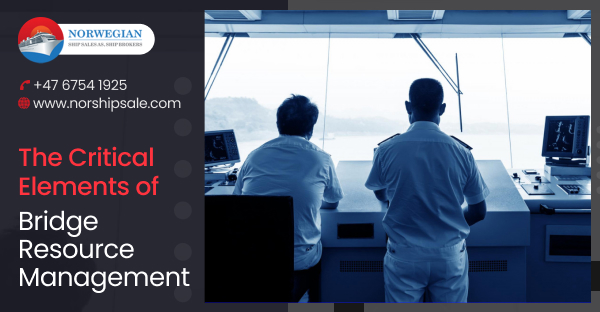Maritime is one of the most important sectors in global trade and commerce. From luxury ships to large bunker trailers, marine vessels are used daily for transporting goods, commodities, and passengers. It shall come as no surprise then that ships are commonly rented out and chartered to different parties for various business purposes. This process of renting out a ship vessel to some other party is known as ship chartering. It is often mediated by professional agents known as shipbrokers. For those who operate in the maritime sector in the European market, they can seek chartering services from ship broker companies in Norway such as Norwegian Ship Sales.
Below, we take a look at the process of chartering a ship vessel and how shipbrokers can help in it.
Understanding the Stakeholders
Shipowner
A shipowner could refer to an individual or an organization who owns the ship and is putting the vessel on rent. Their name should be registered under a ship registry. They should ideally also be members of the International Chamber of Shipping (ICS). It is a regulatory body that looks after any legal issues that crop in the global shipping sector.
Chartering party
A chartering party, also known as a charterer, is an individual or organization who wants to rent out a marine vessel. Ships are typically rented or leased by someone for the purpose of transporting cargo and/or passengers. They may also choose to rent the ship and then re-rent it to some other party to earn a profit.
During the lease period, the charterer is the one responsible for maintaining the safety of the ship, including the safety of the crew and of the cargo they’re carrying. The arrangements for loading and unloading must also be done by the charterer.
The shipowner and the charterer sign a legal agreement, which is also known as the ‘charter party’.
Ship broker
A shipbroker is an intermediary person who brings the shipowner and the charterer together for a deal. Like a broker, their purpose is to help their clients in getting what they’re looking for. They may assist a shipowner in finding the right customer, or they may work vice-versa and help a charterer in finding the right vessel for rent.
Types of Ship Charters
Ships are rented based on the agreement of a ‘charter party’ signed between the shipowner and the charterer. Below, we look at the different types of agreements commonly used.
Voyage Charter
In a voyage charter, the renting party rents out the ship along with its full crew for a specific voyage. The journey may be between two ports or more. The rent could either be a fixed amount that both parties agree upon or it could be based on the quantity and weight of the cargo that is being transported. This is the most common type of ship charter prevalent in the industry.
Time Charter
A time charter refers to an agreement in which the ship is rented out for a stipulated time period. In this also, the vessel as well as the crew is rented together. The charter party must have all the agreement details written down such as the agreed rent period, the type of cargo that will be transported, the details of the voyage, etc. The rent may be paid on a daily or monthly basis.
Bareboat Charter
In a bareboat charter, only the vessel is rented out. The crew members and other staff on the ship is provided by the charterer for the duration of the renting period. This type of agreement is also known as a demise charter. The safety of the ship is looked after by the charterer, while the shipowner looks after the technical management and port-related matters.
Conclusion
If you’re a chartering party and on the lookout for a ship vessel to rent for cargo movement, then we suggest hiring one of the ship broker companies in Norway for expert help. Norwegian Ship Sales has an experience of over 40 years in the industry.


